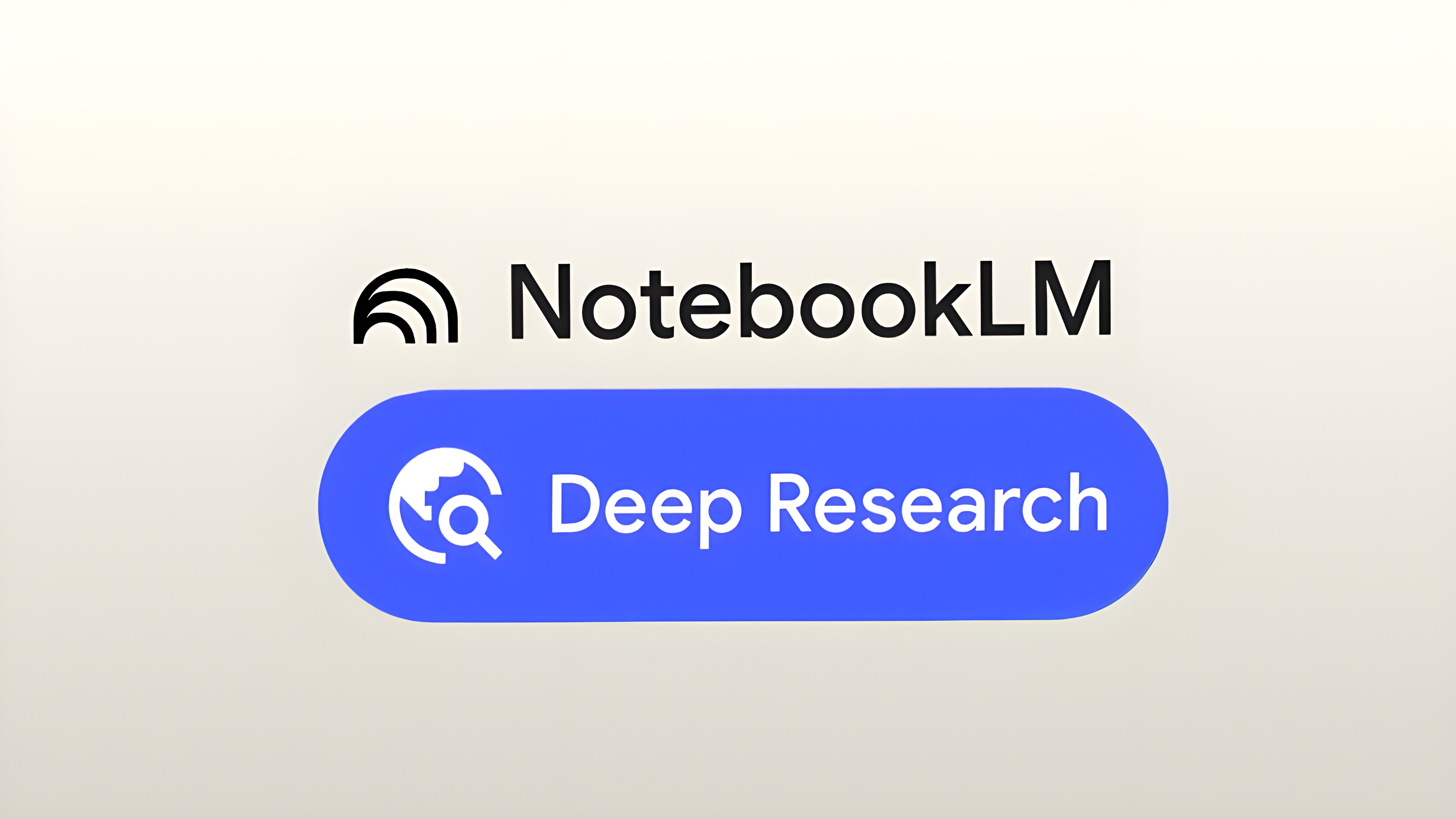A new survey by YouGov and Udemy reveals that while workers across the US, UK, India and Brazil see AI as a significant economic force, many believe their own jobs are unlikely to be affected.
Over 4,500 adults were polled, highlighting a clear gap between concern for the broader economy and personal job security.
In the UK, 70% of respondents expressed concern about AI’s impact on the economy, but only 39% worried about its effects on their own occupation.
Similarly, in the US, 72% feared wider economic effects, while 47% concerned about personal job loss. Experts suggest this reflects a psychological blind spot similar to early reactions to the internet.
The survey also highlighted a perceived AI skills gap, particularly in the UK, where 55% of workers had received no AI training. Many employees acknowledged awareness of AI’s rise but lacked motivation to develop skills immediately, a phenomenon researchers describe as an ‘awareness action gap’.
Would you like to learn more about AI, tech and digital diplomacy? If so, ask our Diplo chatbot!










